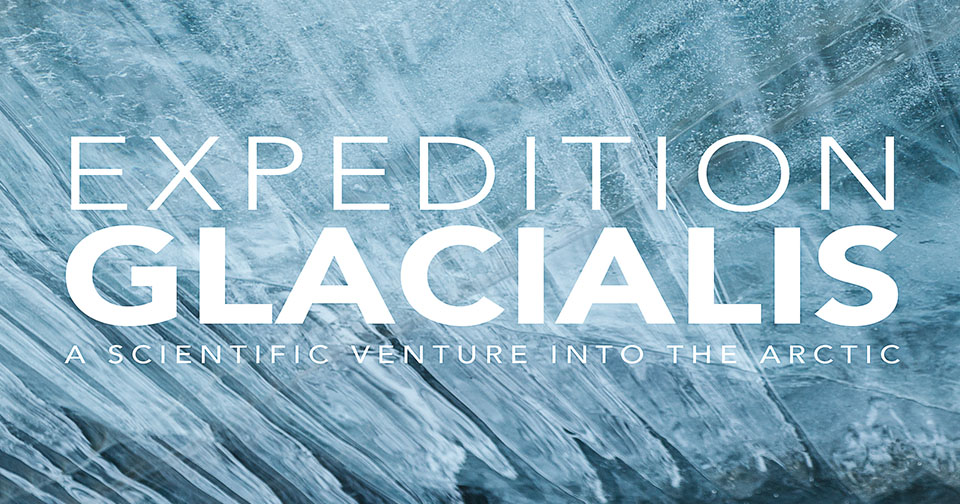The Glacialis expedition is an innovative project. Marine mammals will be at the center of its scientific studies. Our delphinid friends will be directly concerned. The expedition has different specificities that attracted the attention of The Dolphin Connection.
The Glacialis expedition: presentation of the project
This scientific project will survey marine mammals with photographic identification in the Arctic Ocean. Drone imagery will also be used. The project data will be shared in open access*.
The objectives are:
- To assess the impacts of global warming
- To develop scientific and reproducible methods
- Improve knowledge of species and habitats
- Raise awareness and promote conservation of the marine environment
The Labrador Sea to Baffin Bay marine mammal survey will begin in June 2021. Seabirds and fish will also be surveyed.
The thermal imagery linked to the visual observations will allow the development of a navigation assistance system. This will allow to avoid colliding with cetaceans, icebergs and marine waste. Advanced acoustic devices will complete the marine fauna monitoring equipment.
Marine litter sampling is planned. The objective is to study the threat of this pollution. Plankton and other parameters will also be studied such as salinity, temperature, pH, etc…
The Atlas will be the ship used for the expedition. It is built in steel and is equipped with a research micro-platform. The Atlas is well suited to face the Arctic environment.

Groupe de dauphins – Photo : GLACIALIS – Virginie Wysss
Dolphin group – Photo: GLACIALIS – Virginie Wysss
Why La Dolphin Connection and Glacialis are partners
The Arctic is a very sensitive ecosystem. The impact of climate change will be considerable. Marine mammals will be directly impacted.
Our cetacean friends are therefore at the heart of this scientific project. The results thus obtained can help make a difference for their conservation. But the impact of global warming is just as important. Similarly, the study on marine pollution is just as important**.
Thus, the study on micro- and macro-plastics by the Glacialis expedition seems to us to be more than topical. Marine pollution and climate change threaten all fauna, flora and therefore indirectly humanity.

Deux orques dans les eaux de l’Arctique – Photo : GLACIALIS – Virginie Wyss
Two orcas in the Arctic waters – Photo: GLACIALIS – Virginie Wyss
To follow and support the Glacialis project:
The website dedicated to the project: https://glacialis.ch/
To support the Glacialis project: https://wemakeit.com/projects/expedition-glacialis
The Atlas Expedition association which launched the Glacialis project: https://www.atlasexpeditions.org/
The website of the association SCS (Swiss Cetacean Society) : https://www.swisscetaceansociety.org/
Logo of the Glacialis expedition
*Data shared on open platforms and with any other concerned actor.
**Marine pollution hits cetaceans hard. The Dolphin Connection has therefore already conducted a beach cleaning operation.



Leave A Comment